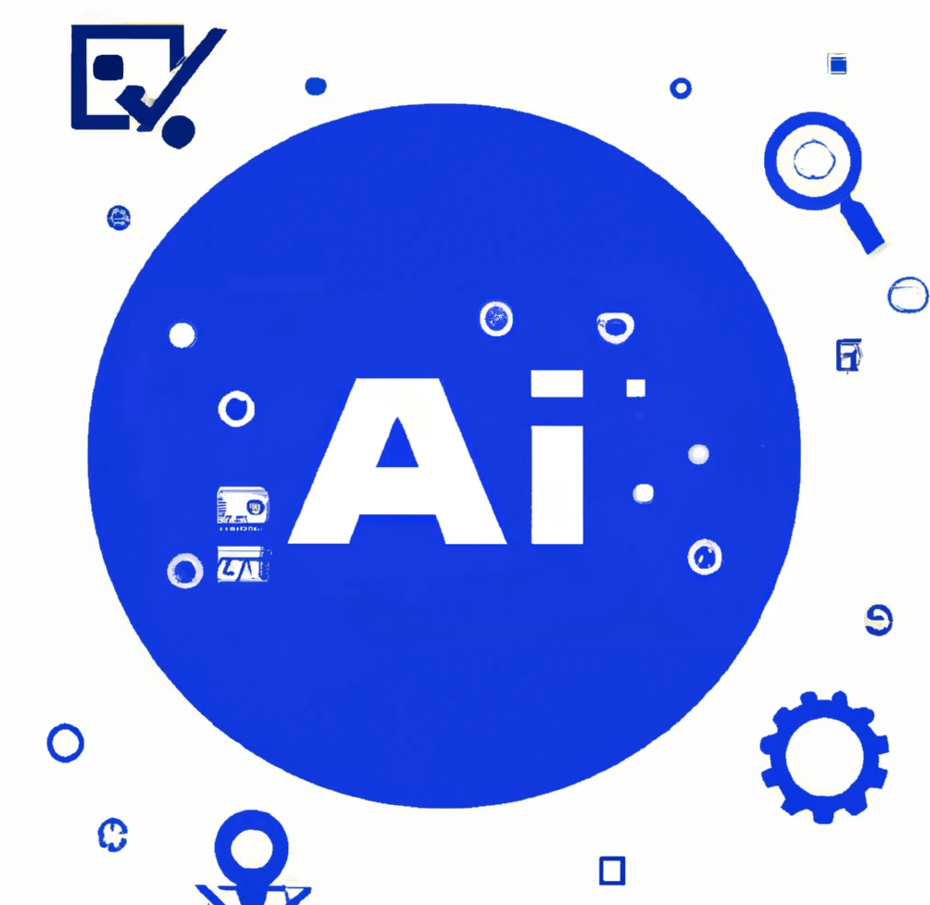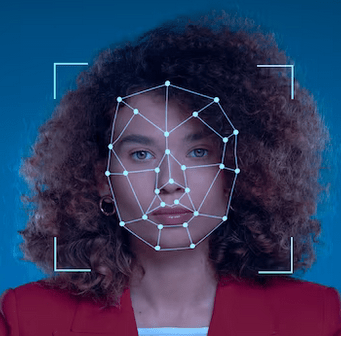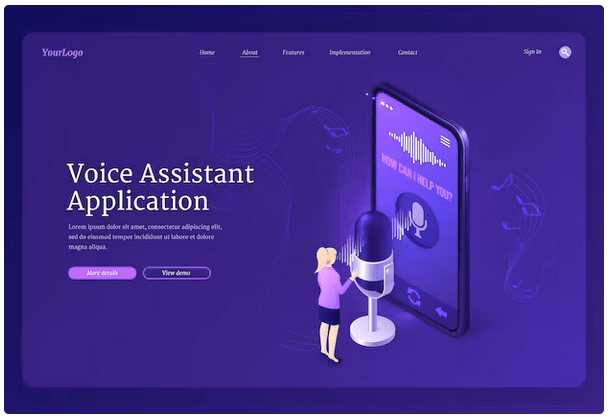
AI in Healthcare: Revolutionizing Medicine with Smart Algorithms

In the ever-evolving landscape of healthcare, technology is proving to be a powerful ally in improving patient outcomes, enhancing diagnostics, and streamlining medical processes. At the forefront of this healthcare transformation stands Artificial Intelligence (AI), a technological revolution that’s poised to reshape the future of medicine. In this blog, we’ll explore how AI is revolutionizing healthcare by harnessing the power of smart algorithms.
AI in Healthcare: A Transformative Force
AI in healthcare refers to the use of artificial intelligence and machine learning algorithms to analyze medical data, make predictions, and assist healthcare professionals in delivering better patient care. The impact of AI in healthcare is already being felt across various facets of the industry:
1. Medical Imaging: AI-powered algorithms can analyze medical images such as X-rays, MRIs, and CT scans with remarkable accuracy. Radiologists can benefit from AI’s ability to detect abnormalities and assist in diagnosing conditions like cancer, fractures, and neurological disorders.
2. Disease Diagnosis: AI algorithms can analyze vast amounts of patient data and medical records, helping doctors make more accurate and timely diagnoses. Early detection of diseases like diabetes, heart disease, and certain cancers can significantly improve treatment outcomes.
3. Personalized Treatment Plans: AI can tailor treatment plans to individual patients based on their unique medical history, genetic makeup, and lifestyle. This personalized approach can optimize drug selection, dosages, and treatment strategies.
4. Drug Discovery: AI accelerates drug discovery by analyzing vast datasets and predicting the effectiveness of potential drugs. This can lead to the development of new medications and therapies faster and at a lower cost.
5. Predictive Analytics: AI can predict disease outbreaks and epidemics by analyzing data from various sources, including social media, weather patterns, and healthcare records. These insights can help public health officials allocate resources more effectively.
6. Remote Monitoring: Wearable devices equipped with AI can continuously monitor patients’ vital signs and alert healthcare providers to any anomalies. This enables proactive interventions and reduces hospital readmission.
7. Administrative Efficiency: AI-driven chatbots and virtual assistants can handle administrative tasks, appointment scheduling, and insurance claims processing, freeing up healthcare professionals to focus on patient care.
8. Natural Language Processing (NLP): NLP-powered AI can extract valuable information from unstructured clinical notes, making it easier for doctors to access critical patient data and improve the quality of care.
Challenges and Ethical Considerations:
While AI offers immense potential, it also presents challenges and ethical considerations in healthcare. These include concerns about data privacy, algorithm bias, the need for regulatory oversight, and the importance of maintaining the human touch in patient care. Striking the right balance between technological advancements and ethical standards is crucial for the responsible integration of AI in healthcare.
Conclusion: A Healthier Future with AI
AI’s role in healthcare is not about replacing medical professionals but enhancing their capabilities. It’s about providing doctors and clinicians with powerful tools to make more informed decisions, improving patient outcomes, and optimizing healthcare processes. As AI in healthcare continues to evolve, it holds the promise of a healthier and more efficient future, where the fusion of human expertise and smart algorithms creates a new era of medical excellence.
Frequently Asked Question:
Q1: What is the primary focus of the blog post, “AI in Healthcare: Revolutionizing Medicine with Smart Algorithms”?
Answer: The primary focus of the blog post is to explore the transformative impact of Artificial Intelligence (AI) in the field of healthcare and how it is revolutionizing the practice of medicine through the use of smart algorithms.
Q2: How does AI contribute to improving patient care and healthcare outcomes?
Answer: AI enhances patient care by aiding in early disease detection, treatment optimization, and the development of personalized treatment plans, ultimately leading to improved healthcare outcomes.
Q3: What are some key applications of AI in healthcare discussed in the blog?
Answer: The blog discusses various applications of AI in healthcare, including medical image analysis, drug discovery, disease diagnosis, virtual health assistants, and predictive analytics for patient management.
Answer: Yes, the blog addresses challenges such as data privacy, regulatory compliance, and the need for ethical AI use in healthcare, ensuring that patient welfare remains a top priority.
Q5: How does AI enhance medical research and drug discovery in the healthcare sector?
Answer: AI accelerates medical research by analyzing vast datasets, identifying patterns, and aiding in the discovery of new drugs and treatments, significantly reducing the time and cost of research.
Q6: What is the future outlook for AI in healthcare, as discussed in the blog?
Answer: The blog provides insights into the future of AI in healthcare, discussing emerging trends such as the adoption of AI-powered wearable devices, telemedicine, and the continued development of AI-driven healthcare solutions to further revolutionize the field.



